Users outgrow conventional home computing because big tech became complacent and lacked the innovative drive to give consumers a better user experience. Is history repeating itself?
The move to cloud computing over the past two decades happened at a remarkable rate. The benefits of storing your data on computers all around the world with zero downtime is substantial. Most people, probably, can’t remember a time when it was typical for a computer to crash unexpectedly, taking your day's work with it. During this time, it was also common place for hard drives to become corrupted, loosing sometimes years of work. Along with this, it was also cumbersome to work on projects between computers, transferring data normally meant storing it on an inadequate external hard drives.
Cloud computing solved these problems by offering robust software and hardware capabilities and the ability to load work instantly on any or all devices you own, with close to zero downtime or file loss. The move to cloud computing accelerated partly due to these systems being streamlined to be more efficient, cost-effective and task specific. This evolution was also aided by the mass move to mobile devices that typically (and some would say deliberately) had very limited storage and memory capacity built-in.
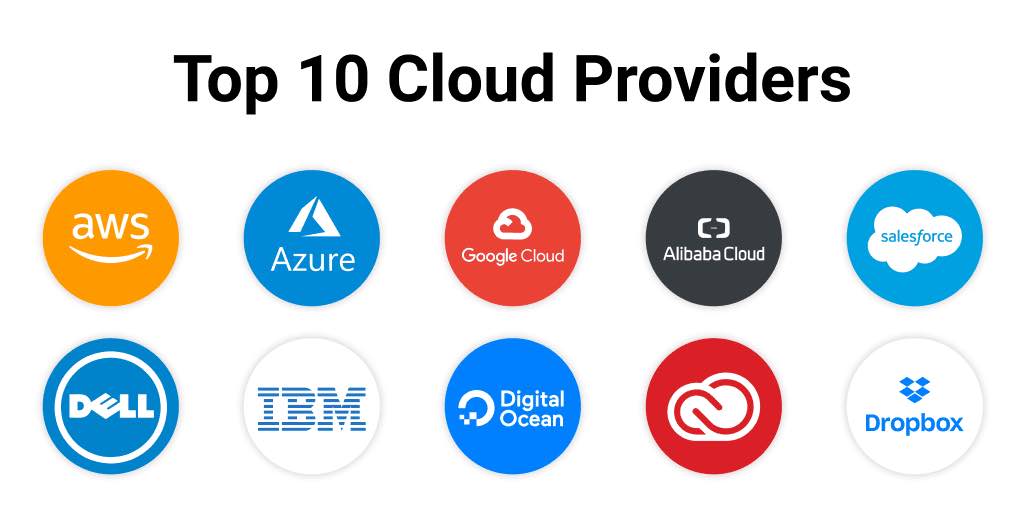
Users outgrow conventional home computing because the big tech companies became complacent and lacked the innovative drive to give their consumers a better user experience. Sometimes change needs to be forced! Cloud computing offered the much-needed solution to the frustrations and inconveniences.
Is history repeating itself? Is cloud computing no longer meeting the needs of its users?
Personal, mobile, and open-source computing have superseded their previous limitations. The internet infrastructure and connectivity of our homes have also improved to the point we have huge amounts of redundancy in our usage. Is now the time to re-think our reliance on cloud computing, and why would we do this?
One downside of cloud computing, which sometimes goes overlooked, is your wealth of data is now owed by someone else, not by you. The consequences of this is, “trust”. You have to trust that the provided services and your data won’t be removed with no prior warning; you have to trust the provider won’t lose your data; you have to trust they will protect your privacy and not harvest your data in ways that are contrary to your interests. When you consider these as real possibilities, the next thought will turn to, How can I protect myself if any of these things happen?
Maybe it’s time to take back our data and take responsibility for our systems and backups? This is where the new private personal servers come into play. Offering you the ability to store your data and run the apps you use from your own cloud computer. There are two open-source projects I’m aware of trying to solve this problem, Umbrel and start9.
“The "cloud" is just someone else's computer. Your cell phone and laptop are just remote controls. You are not in control.
In the cloud computing paradigm, there is no privacy, censorship is commonplace, hacks are inevitable, and costs will forever rise.” — start9.com
Moving to Umbrel
Umbrel is of particular interest because Decred is (potentially) just about to start offering its services on the Umbrel App Store, starting with DCRDEX 0.6.
DCRDEX integration on Umbrel – https://proposals.decred.org/record/8d83046


The idea with both of these services is to make it effortless to run a personal private cloud server from your home in just a few easy steps. Once you have the server up and running, you can then connect any of your computers to it and run the apps that you want to, normally at the click of a button.
Because your server is directly patched into your personal or home internet connection and is either running constantly or at times you want. It’s possible to connect to it when you’re out and about, in pretty much the same way you would connect to your current cloud computing services. The main difference, is this service is run by you, and you own and are responsible for your data and privacy.
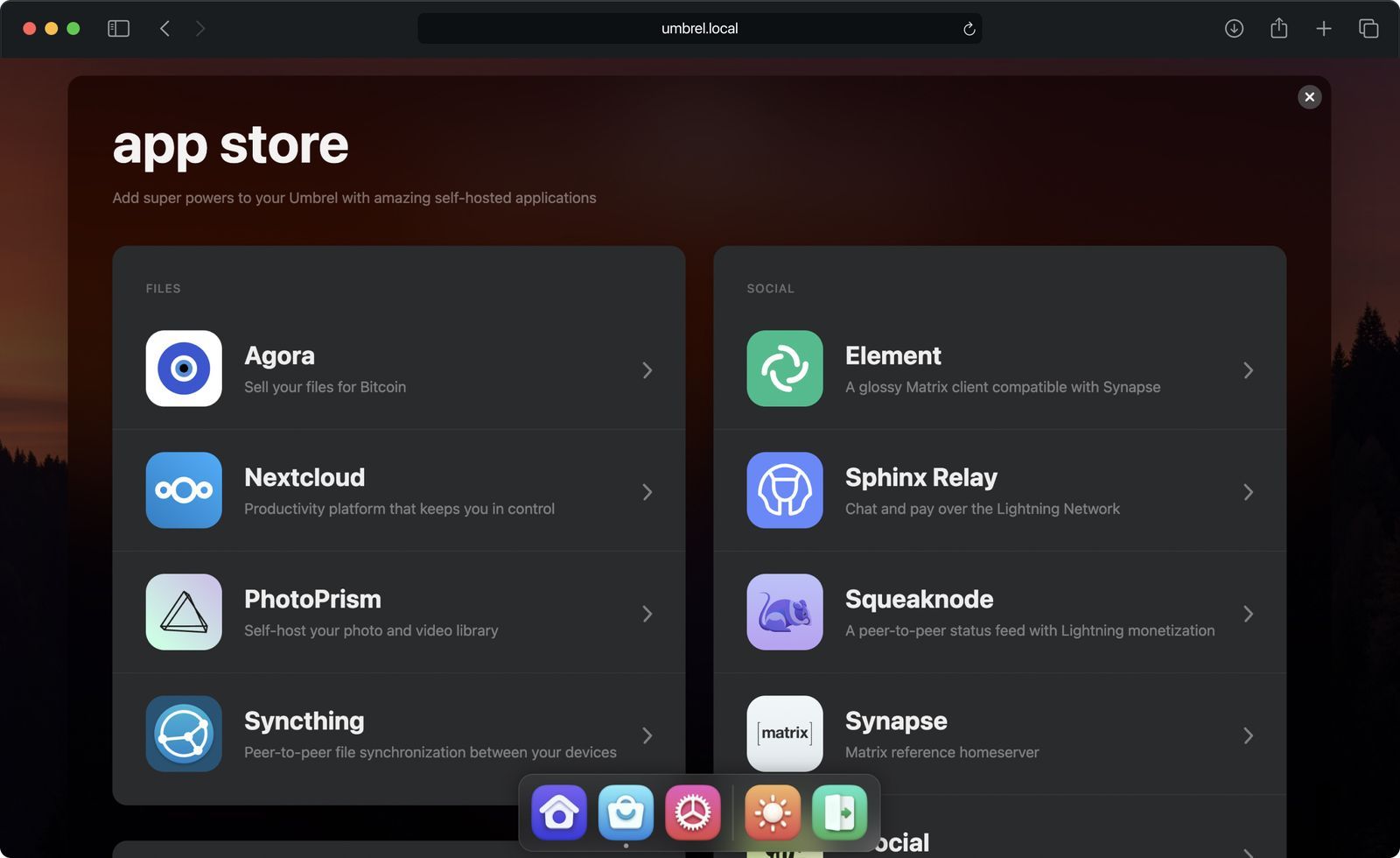
How will this benefit Decred?
Decred is a peer to peer network that relies on its users to run its software, including full nodes that validate the chain and add to the security of its blockchain. Adding Decred services as apps on Umbel, will make it a lot easier for general users to participate in the running of these services.
Initially, peter zen will be creating the Umbel package for DCRDEX 0.6 which is Decred’s peer to peer exchange. The hope here is that it will encourage other crypto users to participate in our exchange, especially those of the Bitcoin and Ethereum communities that are already very active on the Umbrel platform.
Other Decred services that could be release on Umbrel and Start6 include:
- dcrd and dcrwallet – dcrd is a 'fully validating node', which validates all transactions and blocks on the Decred blockchain
- DCRDATA – Decred’s block explorer
- DCRDEX – a peer to peer atomic swap exchange powered by Decred
- BisonRelay – a sovereign internet and social media platform that has an integrated p2p lightning network payment system.
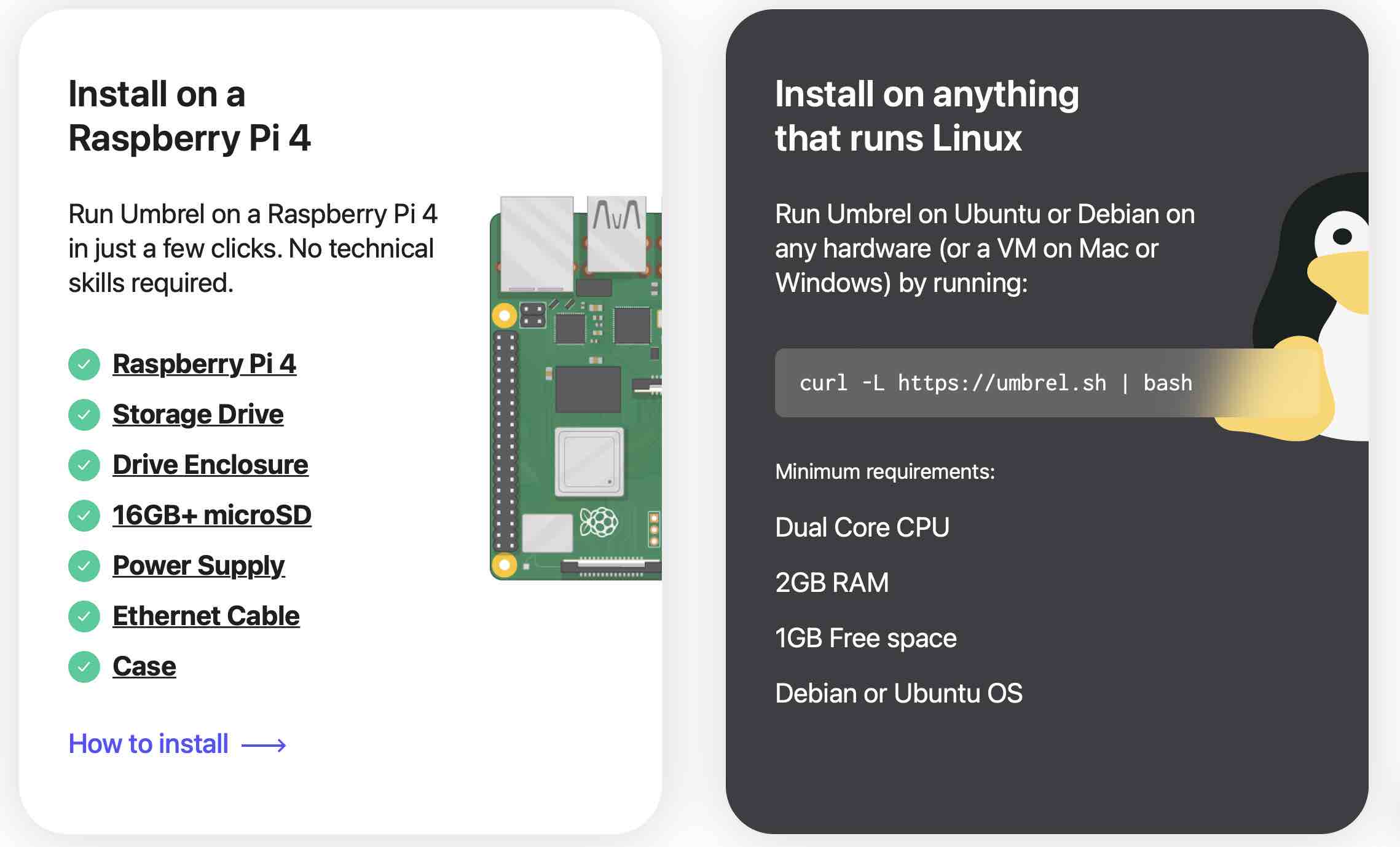
Find out more:
Have you used either of these platforms, Umbrel or Start9? What are your thoughts on Decred’s software being implemented?




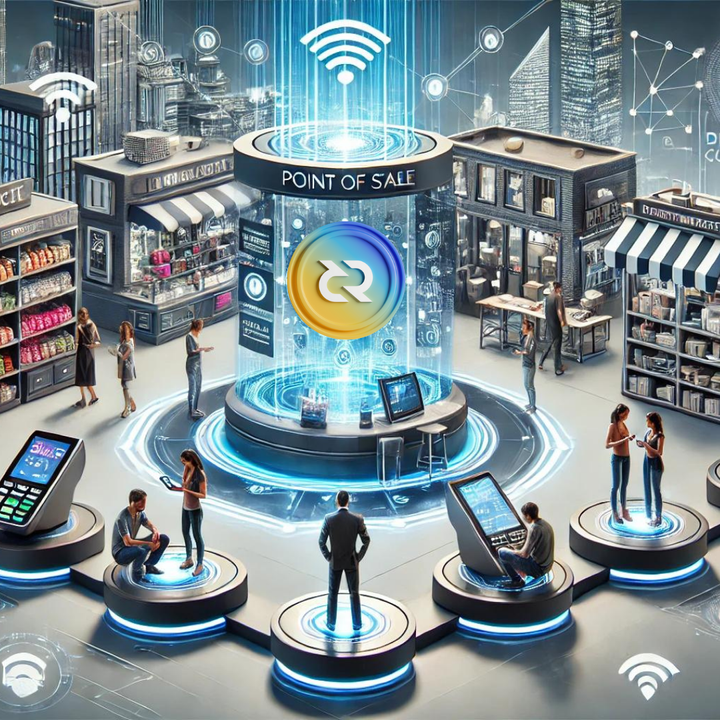
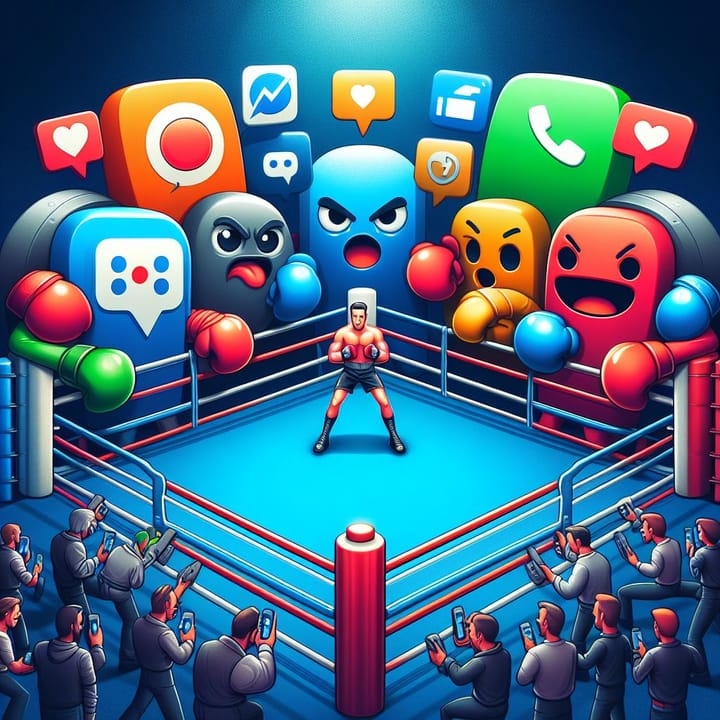

Comments ()